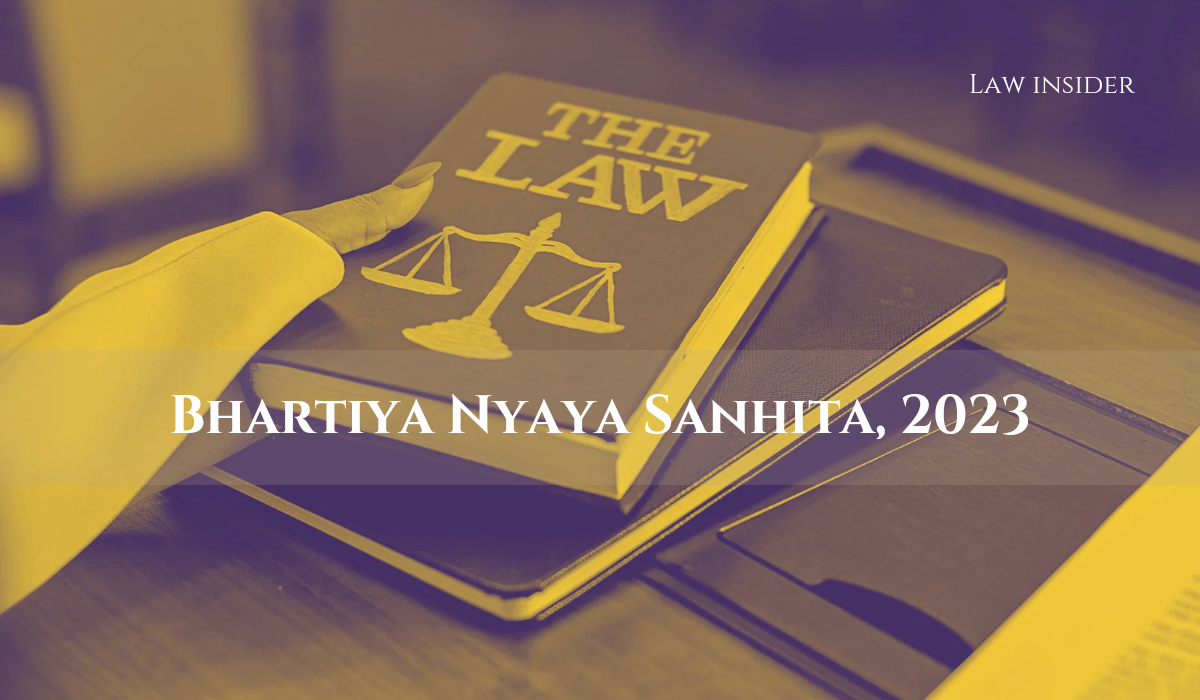LI Network
Published on: 11 August 2023 at 22:19 IST
The Indian government has introduced a set of bills aimed at modernizing the country’s legal framework by replacing the age-old Indian Penal Code (IPC) by Bhartiya Nyaya Sanhita.
The Bharatiya Sakshya Bill, a vital component of this legislative overhaul, focuses on adapting evidence admissibility in the digital age. It affirms the legal weight and validity of electronic and digital records, aligning them with traditional paper records
Bharatiya Nagarik Suraksha Sanhita, intended to replace the Code of Criminal Procedure (CrPC). This bill underscores the integration of technology and forensic sciences in crime investigation, including the utilization of electronic communication for summons and information submission.
The proposed bills, collectively referred to as the “Justice and Legal Reforms Act 2023,” have garnered significant attention and sparked discussions nationwide.
Here are the key highlights of Bharatiya Nyaya Sanhita Bill, 2023:
The Bhartiya Nyaya Sanhita Bill takes the lead in this transformation by offering a comprehensive overhaul of the IPC.
This bill not only repeals 22 IPC provisions but also proposes changes to 175 existing provisions while introducing 8 new Sections, culminating in a total of 356 provisions.
A standout moment during its introduction was the complete repeal of the Sedition offense. Instead, provisions for “Offenses against the State” were instituted, including Section 150 addressing “Acts endangering sovereignty unity and integrity of India.”
Notably, the bill addresses the pressing concern of “Mob Lynching,” prescribing penalties of 7 years’ imprisonment, life imprisonment, or even the death penalty.
One notable amendment lies within Section 69 of the Bharatiya Nyaya Sanhita, the bill poised to replace the IPC.
This section specifically addresses sexual intercourse facilitated through a false pretext of marriage or deceptive methods. The provision reads: “Any individual who, through deceptive means or by making a promise to marry a woman without any intention to fulfill such commitment, engages in sexual intercourse with her—where such intercourse does not amount to the offense of rape—shall be liable for imprisonment up to ten years, along with a fine.”
It’s important to note that the IPC currently lacks a distinct clause dealing with sexual intercourse based on false promises of marriage.
Such cases are generally addressed under IPC Section 90, where consent acquired under a ‘misconception of fact’ is deemed void. In these instances, the accused could be charged under IPC Section 375, which pertains to rape.
A noteworthy aspect of Section 69 under the new bill is its explanatory note, which elucidates that “deceptive means” encompass false guarantees of employment or promotion, inducement, or marriage concealment.
It’s worth highlighting that the existing IPC framework doesn’t explicitly include false promises of employment, promotion, inducement, or concealed identity under the “deceptive means” definition.
Another amendment involves the omission of the adultery provision. In 2018, the Supreme Court declared Section 497 of the IPC, which criminalized adultery and was over a century and a half old, unconstitutional.
Additionally, the bill excludes Section 377 of the IPC. On September 6th, 2018, the Supreme Court unanimously invalidated Section 377, except for instances of non-consensual acts against men that fall under the category of “unnatural sex.” The bill doesn’t replicate this provision.
Significantly, the bill retains the provision legalizing marital rape. Exception 2 to Section 63 of the bill, which defines the crime of rape, states: “Sexual intercourse or sexual acts by a man with his own wife, provided the wife is not below eighteen years of age, does not constitute rape.”
Several petitions challenging the constitutional validity of Exception 2 to Section 375 of the IPC—concerning the exception to non-consensual matrimonial intercourse from rape charges—are presently before the Supreme Court.
These petitions encompass a range of matters, including challenges to the marital rape exception and the scope of charges under Section 376 IPC for non-consensual sex with a spouse.

